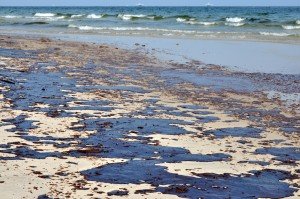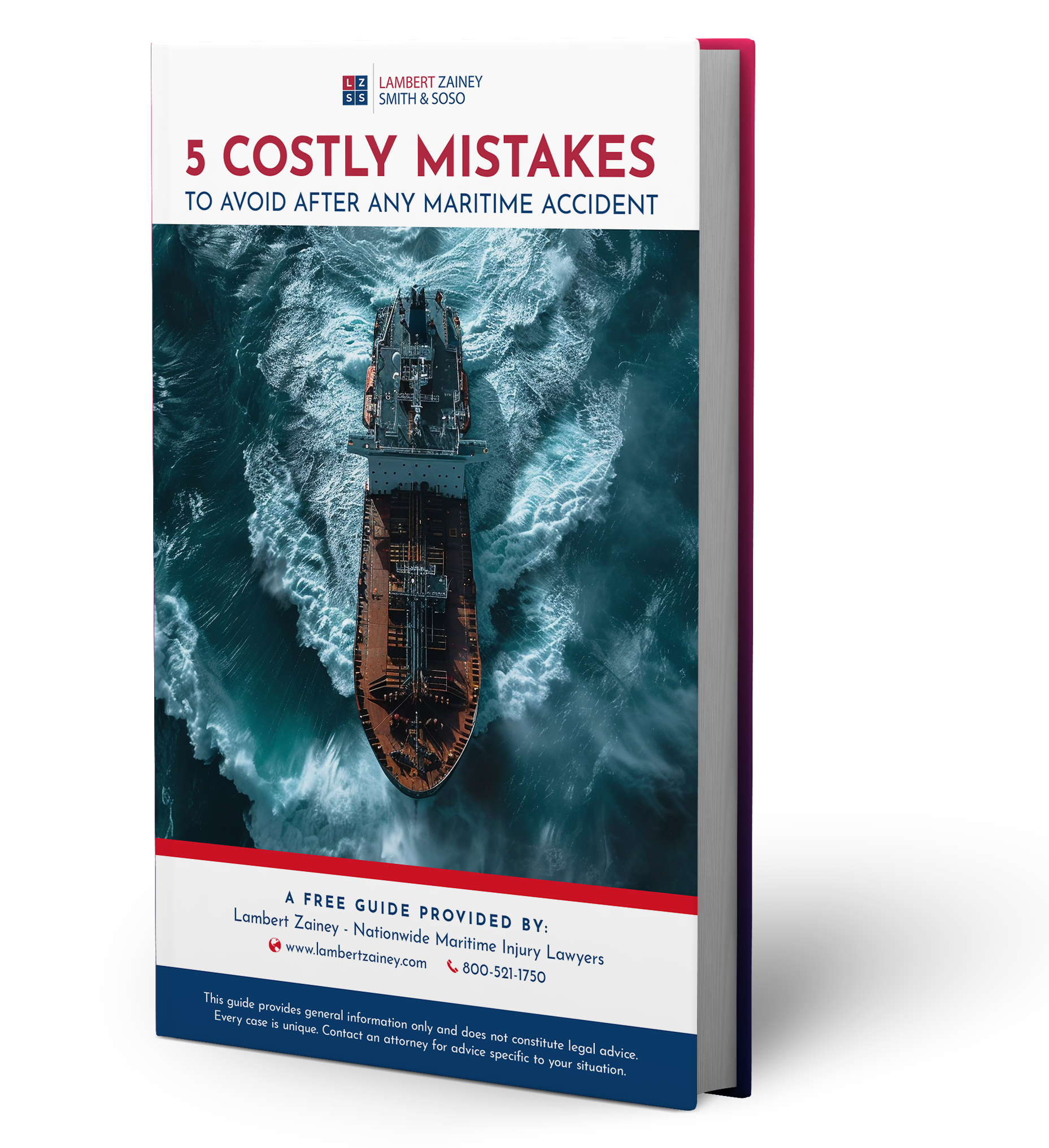On Monday, the United States Supreme Court denied BP’s writ application, declining to hear the company’s appeal of its oil spill settlement. As Nola.com reports, the decision affirms lower court rulings that, under the settlement terms, businesses claiming damages from the 2010 Gulf of Mexico oil disaster need not prove direct harm.

Two years after the April 2010 Deepwater Horizon rig explosion, BP and plaintiffs’ attorneys agreed to a settlement to compensate Gulf Coast individuals and businesses harmed by the disaster. BP has argued that the current settlement agreement has been misapplied to allow millions of dollars in payments to unharmed businesses, increasing its originally estimated costs of $7.8 billion to more than $9.7 billion.
A three-judge panel at the 5th Circuit Court of Appeals in New Orleans upheld the settlement in March. BP appealed to the U.S. Supreme Court this summer.
For nearly two years, BP has tried to convince the court and the public that Claims Coordinator Patrick Juneau and his office have been misapplying the Settlement, resulting in unjustified payments to thousands of claimants. Lower court rulings held that Juneau had not misinterpreted the Settlement.
BP successfully appealed the way business losses are calculated under the settlement late last year; in May, U.S. District Judge Carl Barbier ordered Juneau to begin using the matching method. However, BP has lost every other attempt to thwart the settlement process.
Results from a recent audit of the claims process, released in November, found the settlement program correctly processed 99.5 percent of claims and noted that the process is a “well-designed and appropriate” mechanism for compensating claimants.
To read the full article click here.
Get Our FREE Guide to Protect Your Claim
What you do after an accident is critical. Insurance companies will try to get you to make mistakes that can hurt your claim. Our free guide can help you avoid these traps.
Download our complimentary guide: “5 Costly Mistakes to Avoid After Any Maritime Accident” to arm yourself with the knowledge you need to protect your rights.
On Monday, the United States Supreme Court denied BP’s writ application, declining to hear the company’s appeal of its oil spill settlement. As Nola.com reports, the decision affirms lower court rulings that, under the settlement terms, businesses claiming damages from the 2010 Gulf of Mexico oil disaster need not prove direct harm.

Two years after the April 2010 Deepwater Horizon rig explosion, BP and plaintiffs’ attorneys agreed to a settlement to compensate Gulf Coast individuals and businesses harmed by the disaster. BP has argued that the current settlement agreement has been misapplied to allow millions of dollars in payments to unharmed businesses, increasing its originally estimated costs of $7.8 billion to more than $9.7 billion.
A three-judge panel at the 5th Circuit Court of Appeals in New Orleans upheld the settlement in March. BP appealed to the U.S. Supreme Court this summer.
For nearly two years, BP has tried to convince the court and the public that Claims Coordinator Patrick Juneau and his office have been misapplying the Settlement, resulting in unjustified payments to thousands of claimants. Lower court rulings held that Juneau had not misinterpreted the Settlement.
BP successfully appealed the way business losses are calculated under the settlement late last year; in May, U.S. District Judge Carl Barbier ordered Juneau to begin using the matching method. However, BP has lost every other attempt to thwart the settlement process.
Results from a recent audit of the claims process, released in November, found the settlement program correctly processed 99.5 percent of claims and noted that the process is a “well-designed and appropriate” mechanism for compensating claimants.
To read the full article click here.
Get Our FREE Guide to Protect Your Claim
What you do after an accident is critical. Insurance companies will try to get you to make mistakes that can hurt your claim. Our free guide can help you avoid these traps.
Download our complimentary guide: “5 Costly Mistakes to Avoid After Any Maritime Accident” to arm yourself with the knowledge you need to protect your rights.








